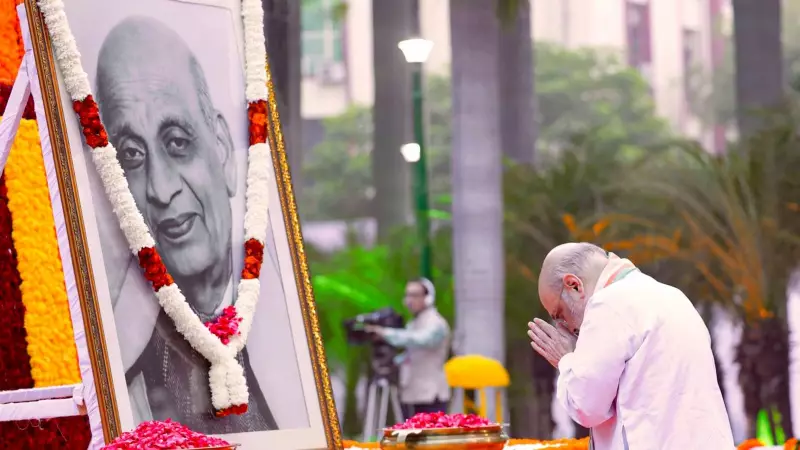
In a powerful statement that resonates through India's political landscape, Union Home Minister Amit Shah has credited Prime Minister Narendra Modi with accomplishing what Sardar Vallabhbhai Patel envisioned decades ago - the complete unification of India through the historic abrogation of Article 370.
The Historic Integration
Shah emphasized that the revocation of Article 370 wasn't merely a political decision but the fulfillment of a long-standing national aspiration. "Sardar Patel's dream of a truly unified India has been realized under PM Modi's leadership," the Home Minister declared, highlighting how this move has brought Jammu and Kashmir into the national mainstream.
Constitutional Milestone
The annulment of Article 370, which granted special status to Jammu and Kashmir, represents one of the most significant constitutional changes in recent Indian history. Shah portrayed this decision as correcting a historical anomaly that had persisted since independence.
Key Achievements Post-Revocation
- Complete integration of Jammu and Kashmir with the Indian Union
- Application of the Indian Constitution in its entirety to the region
- Equal rights and opportunities for all citizens across the territory
- Strengthened national security and unity
Patel's Legacy Realized
The Home Minister drew parallels between Sardar Patel's role in integrating princely states after independence and PM Modi's decision on Article 370. He described both leaders as visionary statesmen committed to India's territorial and constitutional integrity.
Shah's remarks underscore the government's position that the Article 370 revocation represents the culmination of India's journey toward becoming a fully integrated nation, free from constitutional exceptions that hampered complete unification.






